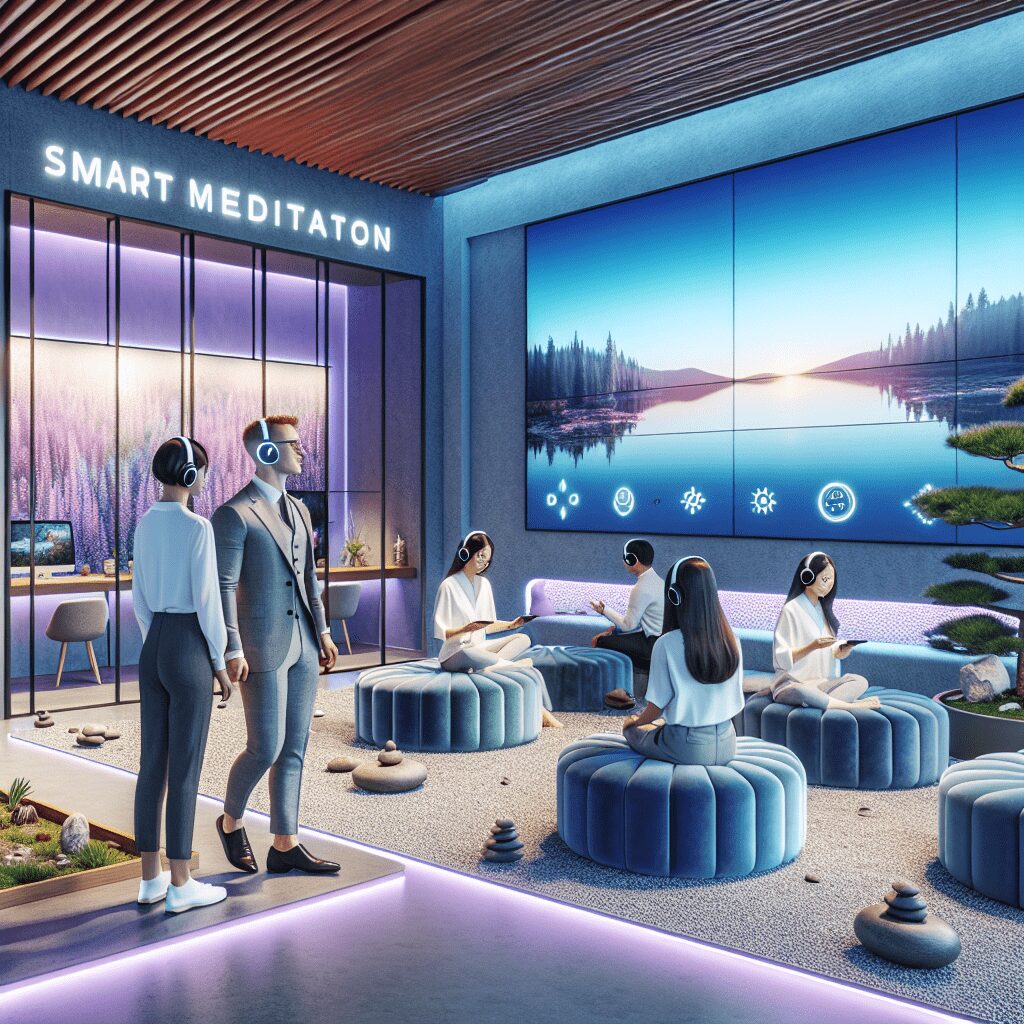
Prioritize your mental well-being daily. Enhance your life by nurturing your mental health with the Smart Meditation app. Break free from stress, alleviate anxiety, and enhance your sleep quality starting today.
Do You Get Drunk Quicker On Antidepressants?
Unveiling the Mystery: Alcohol and Antidepressants
Navigating the realm of antidepressants can often feel like trying to solve a complex puzzle. Throw alcohol into the mix, and you’ve got yourself an intricate web of interactions that begs the question: Do you really get drunk quicker on antidepressants? Well, buckle up, because we’re about to deep-dive into this intriguing topic, separating myths from facts.
The Science Behind the Buzz
To get to the heart of the matter, it’s crucial to understand that antidepressants and alcohol affect the brain in profoundly different ways. Antidepressants, for the most part, are designed to balance chemicals in the brain called neurotransmitters which are out of sync in people with depression. Alcohol, on the other hand, is like that uninvited guest at a party—it can mess with the balance your antidepressants are trying to achieve, often exaggerating its effects.
Here’s the kicker: Combining alcohol with antidepressants doesn’t necessarily make you drunk faster in the traditional sense. However, it can amplify the side effects of both, making you feel the effects of alcohol more intensely or quickly. You might feel the room spinning after a glass or two, not because your blood alcohol content (BAC) has skyrocketed, but because the mix is playing tricks on your brain’s perception and processing.
The Antidepressant-Alcohol Cocktail: A No-Go?
Let’s break it down:
-
SSRIs and SNRIs: These are your common antidepressants, like Sertraline or Venlafaxine. Generally, a small drink might not hurl you into oblivion, but caution is the name of the game. These meds mixed with alcohol can lead to drowsiness, dizziness, and increase the risk of an overdose.
-
MAOIs: The old-timers of antidepressants, such as Tranylcypromine. Mixing these with alcohol might not just accelerate drunkenness but can also skyrocket your blood pressure to dangerous levels. A definite no-go.
-
Tricyclics: Think Amitriptyline or Nortriptyline. Alcohol can enhance the sedative effects of these meds, potentially leading to an impairment similar to being more intoxicated than you actually are.
Moral of the story? While you might not technically get drunk quicker, the interaction can make it feel like you’ve hit fast-forward on your buzz, thanks to the amplification of side effects and the potential for dangerous health consequences.
Navigating the Waters Safely
So, what’s a social butterfly to do when faced with the prospect of mingling without the comforting clink of a glass in hand? Here are a few tips:
-
Knowledge is Power: Understand your medication and its potential interaction with alcohol. A quick chat with your doc can clear the air.
-
Water is Your Best Pal: Alternate between alcoholic beverages and water. It keeps the hydration up and intoxication down.
-
Less is More: If avoiding alcohol isn’t on your agenda, consider limiting your intake. Just because you’re on medication doesn’t mean you have to miss out on fun, but moderation is key.
-
Buddy System: Let your friends know about your situation. Having a supportive crew can help you navigate social situations with ease.
At the end of the day, while the allure of a good time is hard to resist, ensuring your well-being while on antidepressants should take center stage. By understanding the dynamics between alcohol and your meds, you can make informed decisions that align with safe and joyous revelry. Remember, it’s not about missing out; it’s about smartly navigating the celebration seas.




